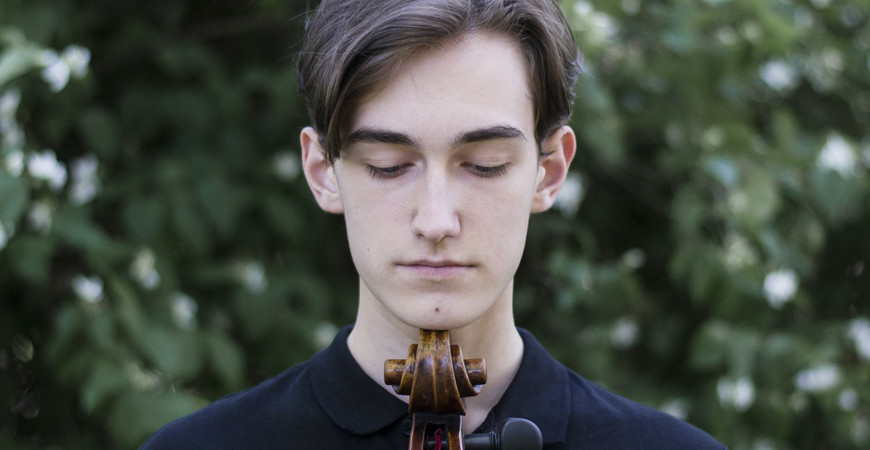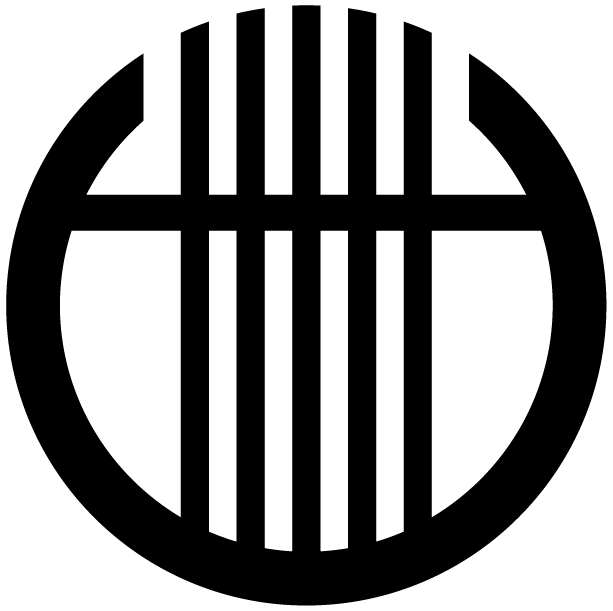
31 October 2018, 19.00-21.00
Solti Hall
TALENT OBLIGES
GERGELY DEVICH CELLO RECITAL  Presented by Liszt Academy
Presented by Liszt Academy
Ravel: Piano Trio in A minor
Chopin: Sonata for Cello and Piano in G minor, Op. 65
Kodály: Duo for Violin and Cello, Op. 7
Gergely Devich (cello), Mária Kovalszki (piano), Éva Osztrosits (violin)
Gergely Devich is next in line to introduce himself in this series of concerts featuring gifted young artists. Despite his youth, this most promising cellist has piled success on success: after conquering the podiums of national elementary competitions, in 2014 he represented Hungary at the Eurovision Young Musicians, where he came third having given the most outstanding Hungarian performance ever. He brings precious gems of the genre to this Liszt Academy concert. The piano trio of Maurice Ravel (1914) is perhaps the finest chamber work by the composer. The harmonic innovations and rhythm structures borrowed from exotic music cultures guarantee a remarkable musical experience. Chopin’s late cello sonata is a noteworthy example of the Romantic period of the genre. Kodály’s Duo for Violin and Cello was created in the shadow of World War I, and the pervading sense blending heroism and resignation is partly due to this cataclysmic event.
Presented by
Liszt Academy Concert Centre
Tickets:
HUF 1 900


